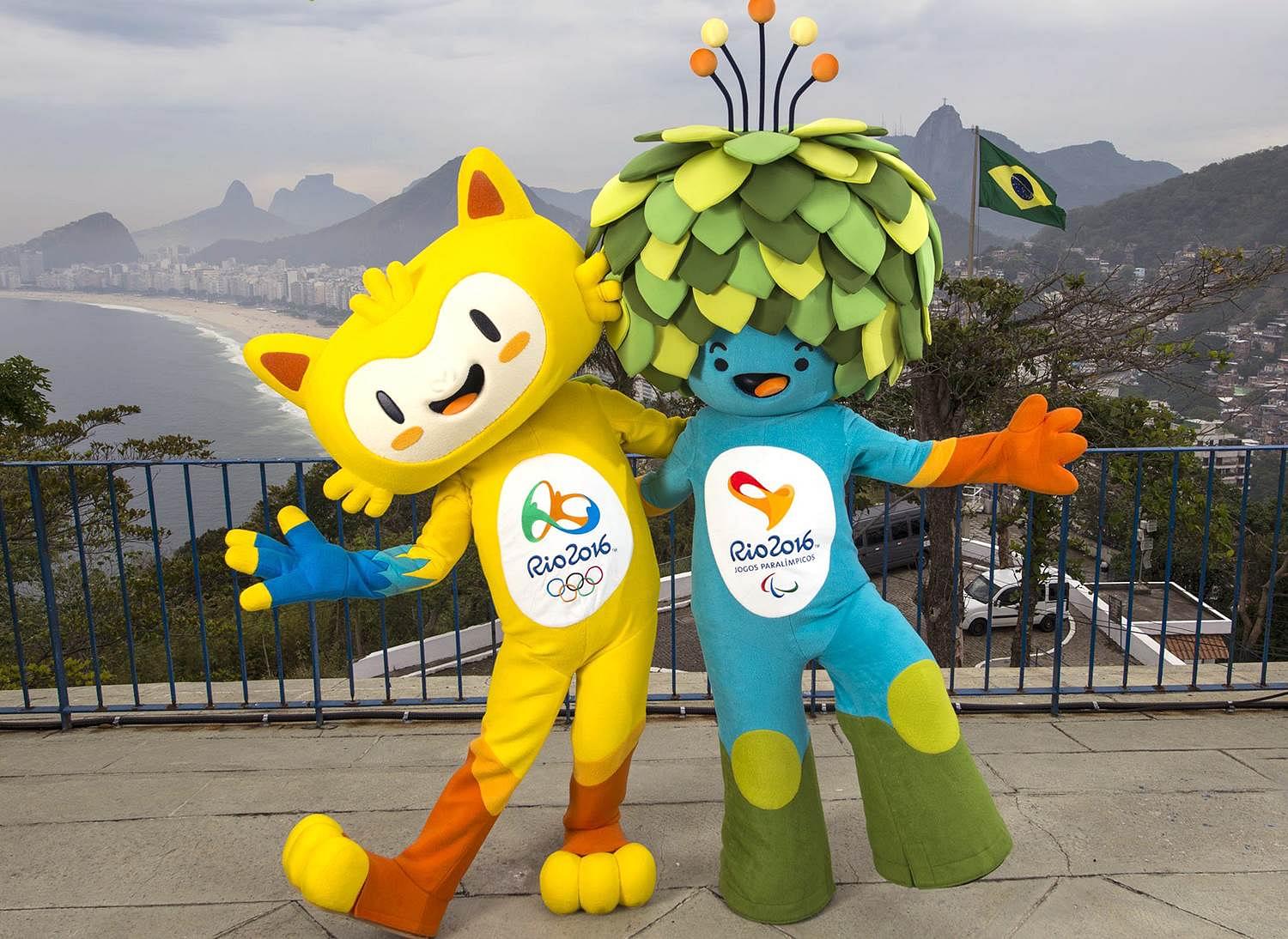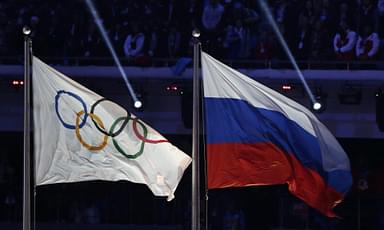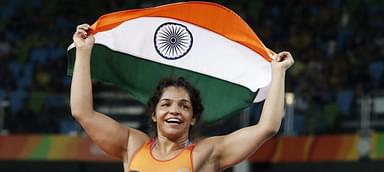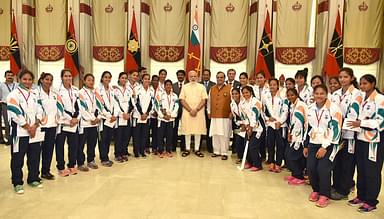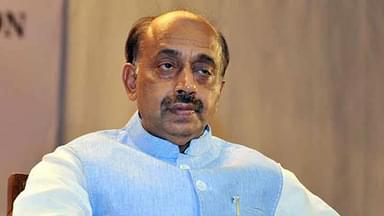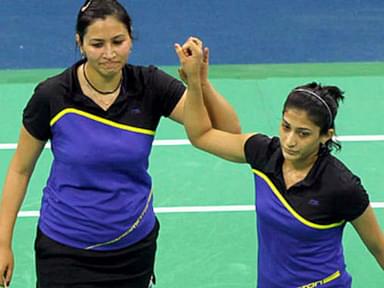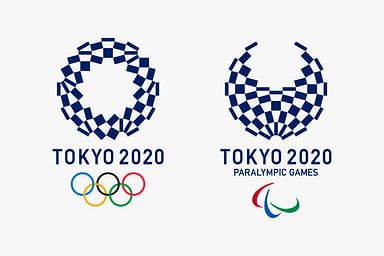“I’m Vinicius, the mascot for the Rio 2016 Olympic Games. I’m a mix of all the different animals found in Brazil, I was born out of the explosion of joy that followed the announcement that Rio would host the Olympic Games, on 2 October 2009” – Vinicius
The Mascot
The Olympic mascots are fictional characters, usually an animal native to the area or human figures. They represent the cultural heritage of the place where the Olympic and Paralympic Games are taking place. The mascots are often used to help market the Olympic Games to a younger audience, in particular toddlers and children. We take you on the journey the Olympic Mascots have undertaken over the years and the importance of Mascots in the games.

Why a Mascot?
The word ‘mascot’ originates from the French term ‘mascotte’ which means a Lucky Charm. It was used to describe anything, which brought luck to a household. The word was first recorded in 1867 and was popularised by the French composer Edmond Audran. He is famous for the opera ‘La Mascotte’ which was performed back in December 1880. Before the 19th century, the word ‘mascot’ was associated with any inanimate object that would be commonly seen such as a lock of hair or a figurehead on a sailing ship. But from then on until the present day, the term was then seen to be associated with good luck animals, objects etc.
The First Official mascot: 1972 Munich Olympics – Waldi
Waldi was created by German designer Otl Aicher, who is famous for designing the logo for German airline Lufthansa. The Dachshund was the first official Olympic mascot, he was designed to represent the attributes described as required for athletes — resistance, tenacity and agility.

Most Famous Mascot: 1980 Moscow Olympic Games – Misha
Misha, also known as Mishka, was the name of the Russian Bear mascot of the 1980 Moscow Olympic Games. He was designed by children’s books illustrator Victor Chizhikov. Misha was the first mascot of a sporting event to achieve large-scale commercial success in merchandise.

During the closing ceremony of the 1980 Olympic Games, a giant effigy of Misha the Bear holding a cluster of balloons was paraded in the stadium. On one side of the stadium where the Olympic Torch was situated, there was a placard mural of Misha which shed tears from his left eye. At the end of the ceremony, Misha with his balloons was released and rose in the air away from the stadium, and this nostalgic moment has been fondly remembered by Russians. Misha was also featured on the Soviet Stamp in 1980, which only exemplifies his popularity as a mascot.
Rio Olympics 2016: Vinicius
The name Vinicius, pays tribute to the famous Brazilian musician Vinicius de Moraes. Vinicius is a mix of different Brazilian animals. His design takes inspiration from pop culture, as well as video game and animation characters. Vinicius represents the diversity of the Brazilian people and culture, as well as its exuberant nature.
Created by Birdo Produções, Vinicius was the result of a long drawn process over 10 months and saw over 300,000 people registering their votes to name Vinicius.
The call for tenders for the creation of the Rio 2016 mascots was launched in November 2012, and was aimed at Brazilian companies and professionals in the fields of design, animation and illustration. The country’s major firms took part. After various selection phases, a multi-disciplinary jury unanimously selected the final project in August 2013. The Olympic and Paralympic mascots were unveiled simultaneously to the public on 23 November 2014.
Over the three weeks a public vote took place to select the name for the mascot. Three choices were on offer: Oba and Eba; Tiba Tuque and Esquindim; and Vinicius and Tom. A total of 323,327 votes were registered. The third proposal won the competition, with 44 per cent of the valid votes.
